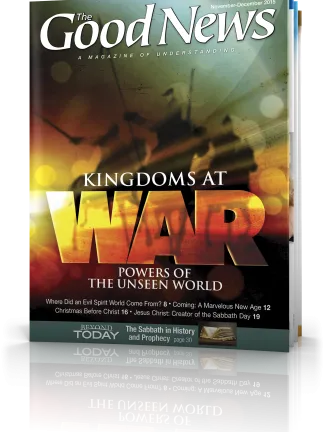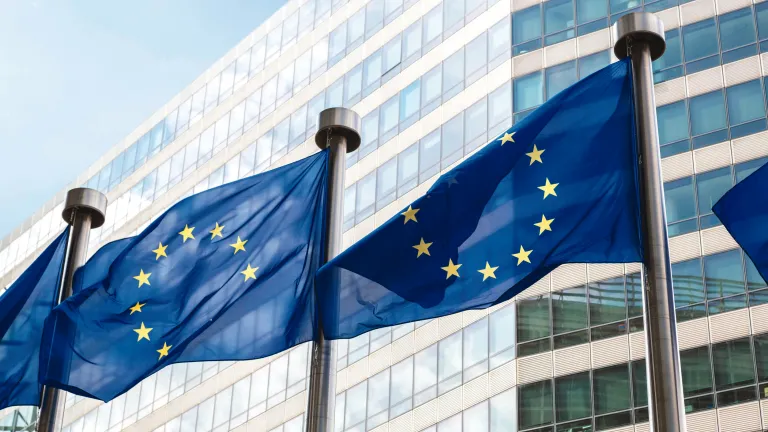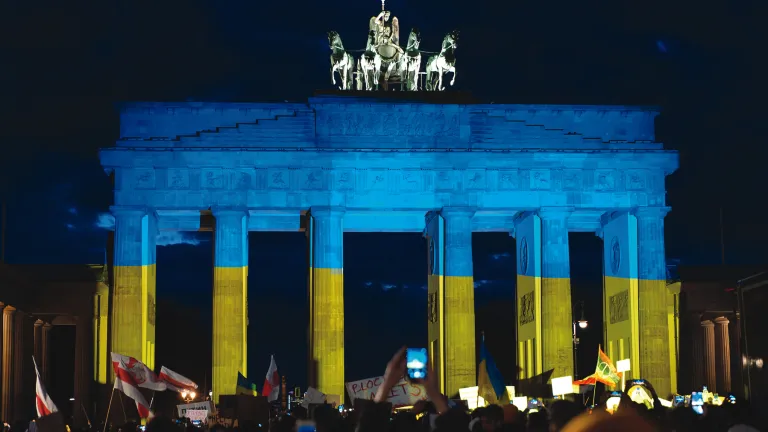Current Events & Trends: Setting the stage for European–Mideast conflict

The lengthy prophecy of Daniel 11 speaks of ongoing conflict between rulers to the north and south of the land of Israel, with verse 45 referring to an end-time King of the South pushing at a final King of the North.
A power from the Middle East will launch some sort of attack against Europe that arouses a retaliation and occupation of a large part of the Middle East, including Israel, by European forces.
While these specific events are yet to happen, current events in the region help us understand how this scenario could come to pass. Two recent developments may play into this.
First is the massive wave of refugees out of Syria, Iraq and Afghanistan into European Union (EU) states. More than a million have come, and tens of thousands continue to arrive every day. They made their way through Turkey and the Balkan states, and for a time in August they collected in Hungary. Not content with their reception, many began walking toward Austria, seeking to cross into Germany and other EU countries.
The open borders of the EU proved to be a means for passage that began putting pressure on the receiving nations, none of which were prepared to take in refugees in such staggering numbers. Germany said it would take 800,000. Hungary refused, stating that such a humanitarian crisis would cause the borders of Europe to collapse.
Germany at first welcomed refugees, seeing an opportunity to erase remaining vestiges of its World War II reputation for mass genocide. German Prime Minister Angela Merkel openly welcomed them.
But the inevitable backlash started, and the historic German discontent with foreigners began to erode her support. European handling of this crisis is testing current arrangements and perceptions of the EU at a vulnerable moment. Combined with the debt crisis in Greece and a real possibility that Great Britain might withdraw from the union, this influx of refugees has brought the EU to a turning point. Order will have to be maintained or the present union will not continue.
The second event to understand is Russia’s twin placement of troops and materiel in Ukraine and Syria. The first is a direct effort to undermine NATO and keep Ukraine out of the EU orbit. The other, troops and planes in Syria, is an effort to rattle the EU, keeping the refugee crisis alive and upsetting any diplomatic effort from the West aimed at ending the four-year-long civil war there.
Russia does not have the military or economic power to do much more than it has, but the long-term effect of both will show the weakness of the current political leadership in Europe and the United States. The world is experiencing a power vacuum in the Middle East. Russia will not dominate the region, but it could further stir the religious and sectarian conflicts that will create a new order in the Middle East.
With Iran on the rise in the region and the collapse of a century of regional boundaries and power structures, a new Middle East is poised to emerge. Again, Bible prophecy shows an emergent power called the King of the South to arise and “push,” by military, economic or other means, at what is called the King of the North, a European-centered power, provoking a massive retaliatory response. We may be seeing a lead-up to these events in today’s headlines. God foretold what will ultimately occur centuries in advance.
To learn more about what will happen between Europe and the Middle East, be sure to send for or download our free study guide The Middle East in Bible Prophecy.








